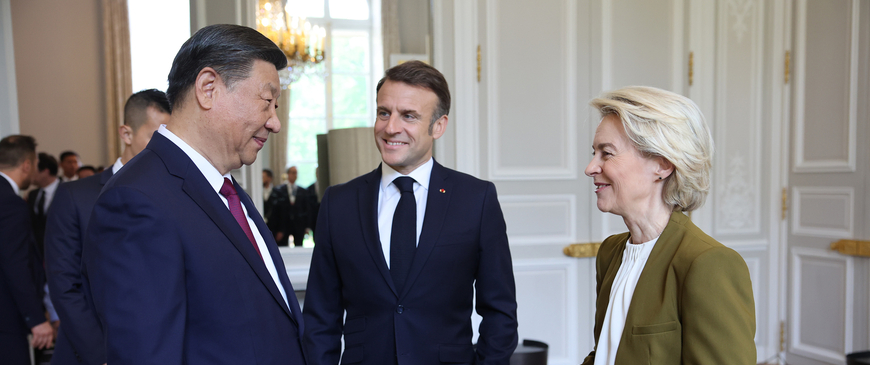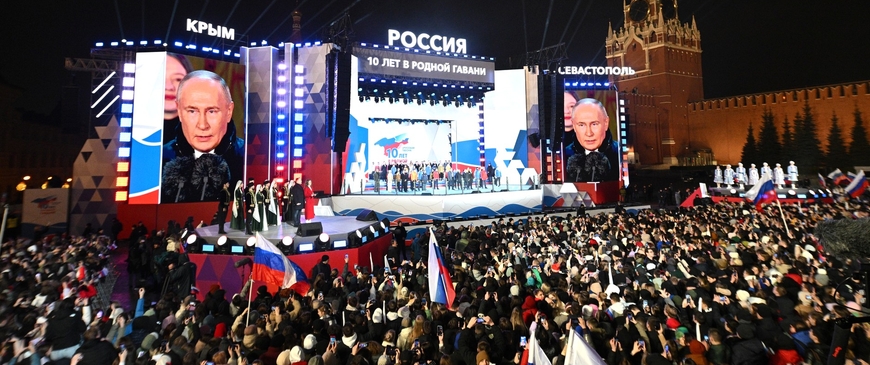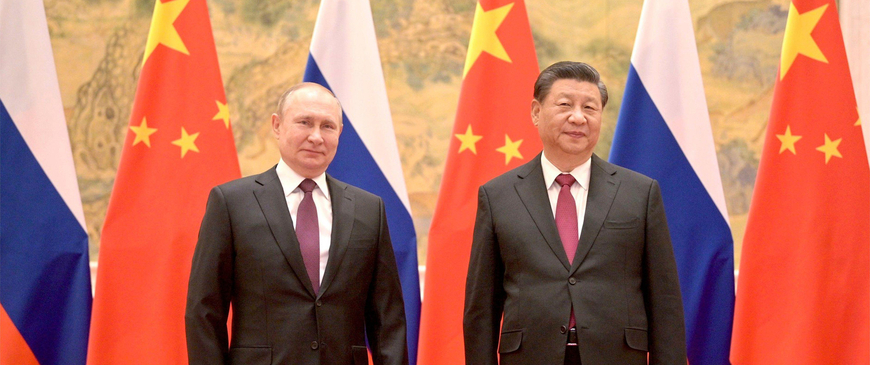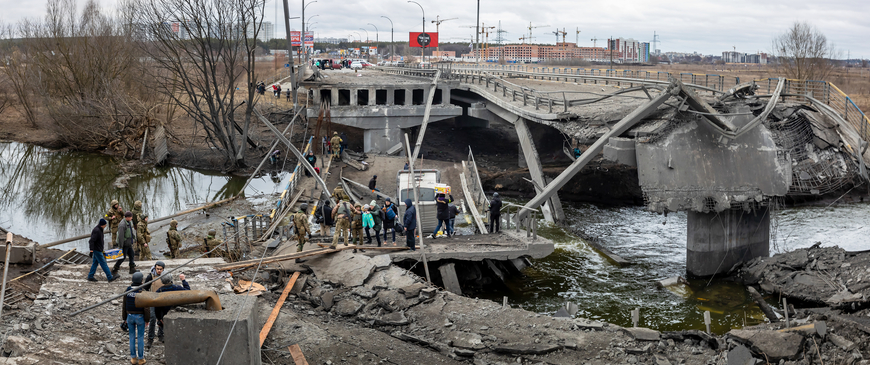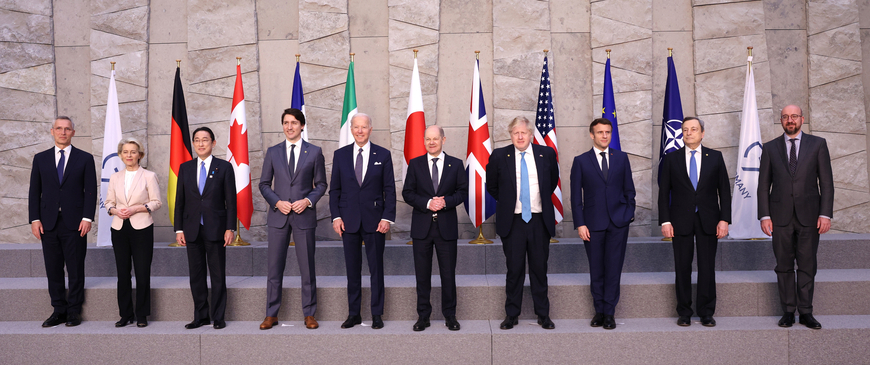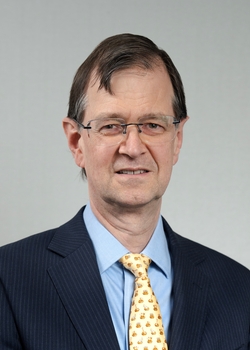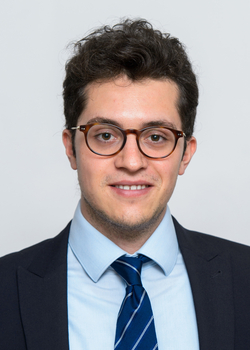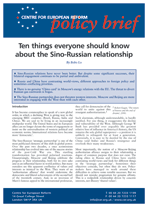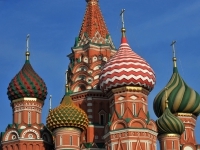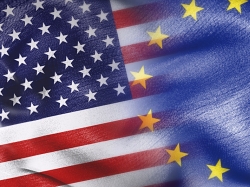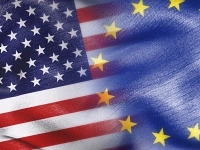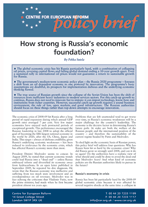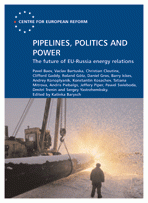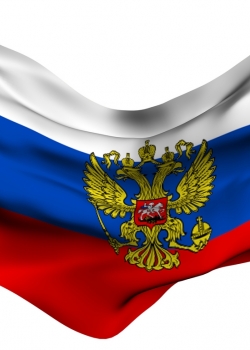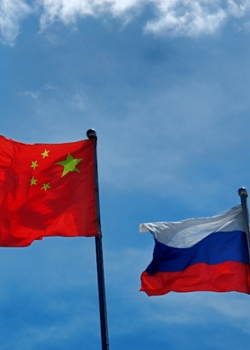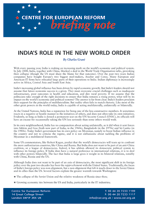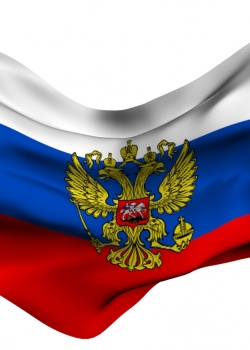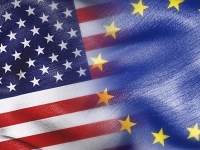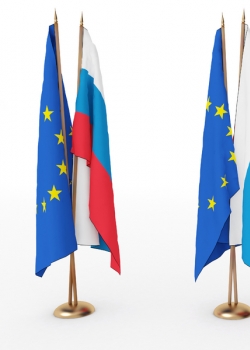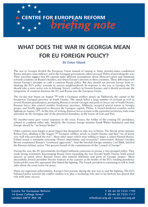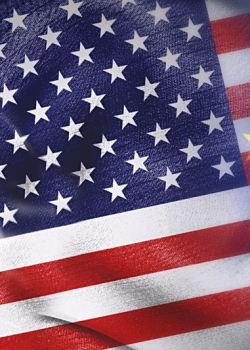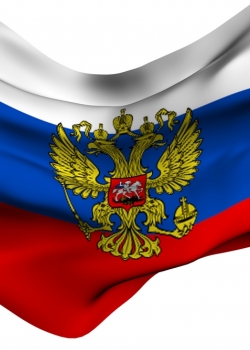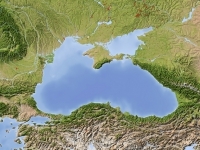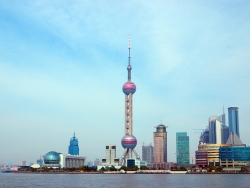China & Russia
Ten things everyone should know about the Sino-Russian relationship
01 December 2008
Sino-Russian ties are at an historic high. But the relationship remains ambivalent and fraught with mistrust. Moscow and Beijing have different views of the world, contrasting foreign policy approaches, and often competing priorities.
PCA? The EU needs a real Russia debate
24 November 2008
Was the EU right to resume negotiations on a new partnership and co-operation agreement (PCA) with Russia despite Moscow not fully complying with the Georgia ceasefire plan?
What 'Obama effect' for transatlantic relations?
10 November 2008
Europe got the president it wanted on November 4th 2008. Obama will have Europe's goodwill and with it, a window of opportunity to restore transatlantic co-operation on key security issues. The list of common challenges includes, but is not limited to, Afghanistan, Iran and Russia.
Scapegoating the US lets others off too easily
02 October 2008
Huge amounts have been said about the consequences of the credit crunch for the US and UK economies. They undoubtedly face major adjustments, and several years of very weak economic growth.
How strong is Russia's economic foundation?
01 October 2008
Russia's economy is in deep recession. Many Russians hope that rising oil prices will quickly restore the high growth rates their country enjoyed before 2008.
Pipelines, politics and power: The future of EU-Russia energy relations
01 October 2008
Does the Kremlin use energy as a political weapon? Why is Russia’s oil and gas output stagnating? Can and should the EU try to reduce its dependence on Russian hydrocarbons? Are the EU and Russia engaged in a pipeline war? What does energy solidarity mean? What rules should govern EU-Russia energy relations?
How to handle the new Russia
01 October 2008
The war in Georgia has led to a surge of anti-western sentiment in Russia. The fact that Americans and Europeans broadly sympathised with Georgia – when it was Mikheil Saakashvili’s attempt to take South Ossetia by force that started the war – infuriates many Russians.
Russia, China and the Georgia dimension
01 October 2008
Russia’s relations with the West today are more problematic than at any time since the fall of the Berlin Wall. With talk of a new Cold War and of parallels with the great power rivalries that preceded the First World War, Moscow’s ‘strategic partnership’ with Beijing has been out of...
India's role in the new world order
26 September 2008
Few doubt that India's geopolitical role will grow. But what kind of impact will India make on the world's economic and political order?
Issue 62 - 2008
26 September 2008
- How to handle the new Russia, Charles Grant
- Russia, China and the Georgia dimension, Bobo Lo
- Options for EU trade policy, Philip Whyte
Can the next US president heal the transatlantic rift?
19 September 2008
There are two schools of thought on what the election of a new US president will mean for transatlantic relations. The optimists argue that relations will improve significantly.
The EU's toolbox for Russia
15 September 2008
Last week, Russia belatedly signed up to a timetable for pulling back its troops from the ‘buffer’ zone in Georgia. The EU, and its current president, Nicolas Sarkozy, deserve credit for having brokered the initial ceasefire and then pushing hard for Russia to follow the terms. The important question now is how the EU will respond in case tensions do not ease, or even grow further.
What does the war in Georgia mean for EU foreign policy?
15 August 2008
The war in Georgia divided the European Union instead of uniting it. Some member-states condemned Russia and gave (non-military) aid to the Georgian government; others accused Tbilisi of provoking the war.
The next US president should forget the League of Democracies
01 August 2008
Expectations of a transatlantic honeymoon after the US presidential election are absurdly high. Most Europeans are enjoying the giddy delights of Obamamania, while also thinking that John McCain would do a lot better than the despised George W Bush.
Issue 61 - 2008
25 July 2008
- Three scenarios for the Lisbon treaty, Charles Grant
- A new European mercantilism?, Simon Tilford
- The next US president should forget the League of Democracies, David Hannay
Russia and the multipolar myth
04 July 2008
I attended a curious conference the other week in Moscow. It was a posh event with a stellar cast and the grand, even pompous, title of ‘Forging common futures in a multipolar world’.
Can the EU thaw frozen conflicts
30 June 2008
The Czech government floated proposals in May that would see the EU take a more active role in solving frozen conflicts in eastern Europe. The Czechs hold the EU’s rotating presidency next year, so their wish may become reality.
Humanising China
05 June 2008
An extraordinary thing happened to China the other week. Not the Sichuan earthquake, even though that was an enormous, catastrophic event. Nor even the phenomenal popular response to this tragedy.
Four pillars for an EU-India partnership
02 June 2008
Until recently, neither the EU nor India took their relationship very seriously. That is starting to change, thanks to burgeoning economic ties.
Towards better days in EU-US relations
02 June 2008
As the field of candidates in the US presidential election dwindles, the future of US foreign policy is becoming clearer. The changes, as seen from Europe, will be mostly for the better.

